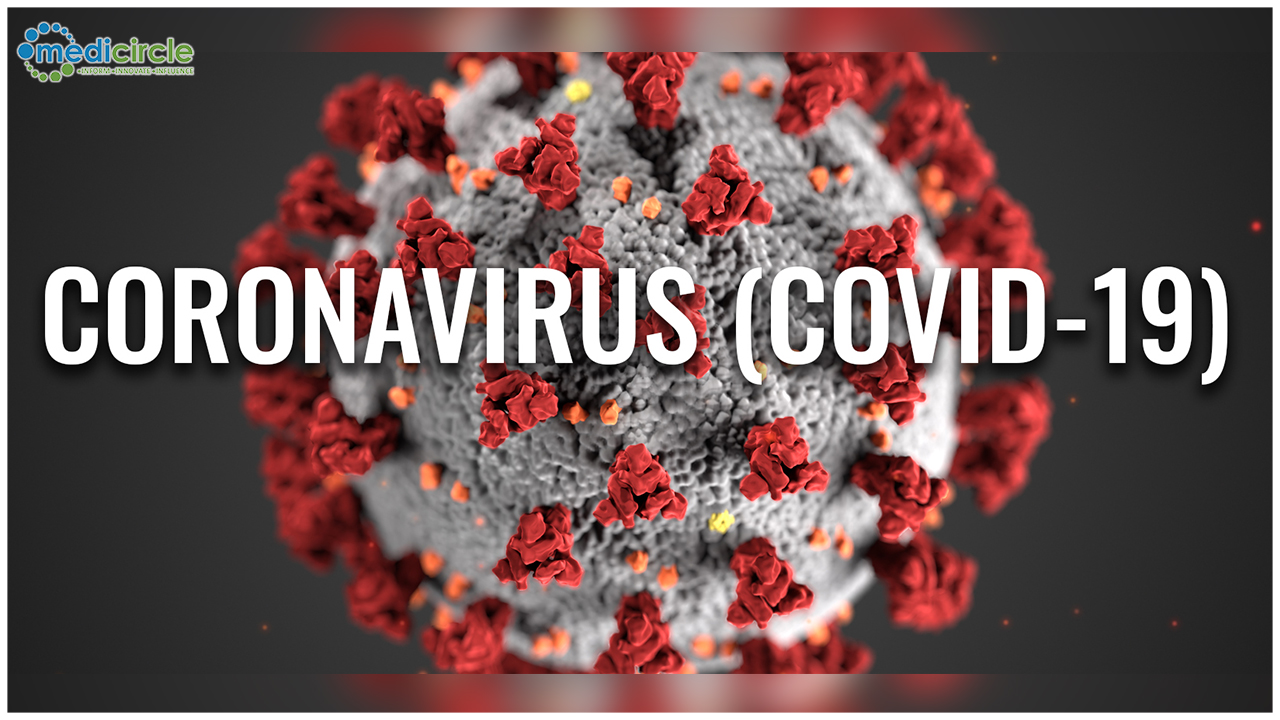The coronavirus has profoundly affected all organizations and representatives. It has additionally caused an unforeseen ascent in innovative tricks and scams, which take advantage of the collective panic that surrounds us.
Programmers, tricksters and a wide range of individuals attempting to make a benefit off of the circumstance have conceived various methods for looting individuals' cash and online information while additionally circulating falsehood. These tricks run from the spread of phony news and home solutions for progressively genuine cases, for example, selling counterfeit antibodies.
The FTC cautions that hacks of this sort are basic in snapshots of emergency, as with the Swine Flu and Zika infection. Here are 5 of the most widely recognized coronavirus tricks and how you can maintain a strategic distance from them:
Tricks that focus on your contacts
There have been instances of robocalls and bots hacking into Facebook accounts, reaching loved ones and approaching them for individual data, gift vouchers or moves of cash. To forestall these events watch out for your messages and web-based social networking. On the off chance that somebody figures out how to break into your record, you'll likely get bizarre messages and online activities you don't perceive. It's likewise critical to educate the old about suspicious administrator calls that request individual information.
Counterfeit data
Since the greater part of us get our data through online sources, it's critical certainty check and confirm sources. Before you retweet or repost data, it's imperative to search for the source and to confirm that whatever is being expressed is valid. It's likewise essential to abstain from tapping on suspicious connections since these could download infections onto your gadget.
CBD and pot as solutions for the infection
Reuters reports that there have been instances of individuals messing with pictures and making claims expressing that CBD and pot can fix COVID-19. While these sorts of tweets are obviously phony, a ton of web-based life clients don't have the foggiest idea about the distinction, so it's essential to keep your loved ones educated and to stop them at whatever point they attempt to spread this sort of data.
Counterfeit CDC and WHO messages
Watch out for genuine looking messages giving off an impression of being from the Centers for Disease Control and World Health Organization, sending you reports on the improvements of the coronavirus. This normally isn't the manner in which this sort of data is spread. So as to remain refreshed, check official sites and buy into legitimate government content chains. Recollect that if a real antibody or fix is discovered, these sites will be the first to let you know.

 Moments of crisis and panic are perfect for scammers. Here’s how you can avoid them and protect yourself.
Moments of crisis and panic are perfect for scammers. Here’s how you can avoid them and protect yourself.









.jpeg)







.jpeg)

.jpg)










